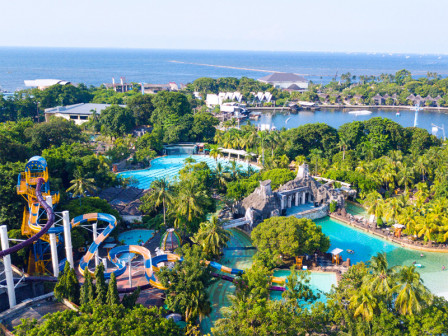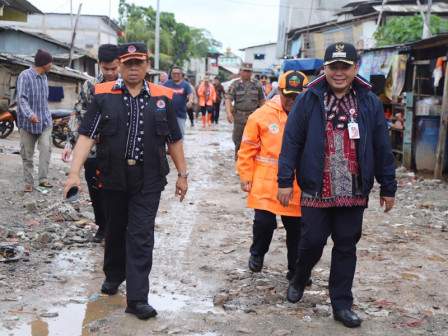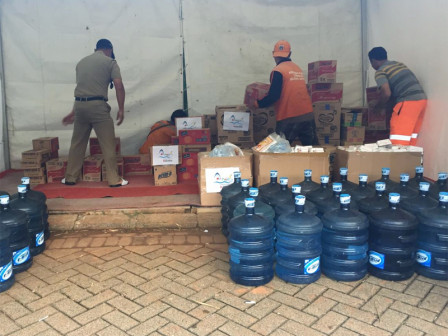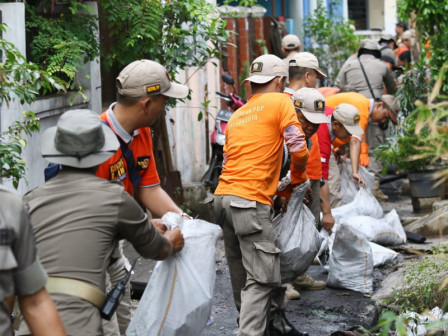Here is Ancol's Step to Protect Environment
Reported by Wuri Setyaningsih | Translated by Nugroho Adibrata
The 32-hectare land located in the middle of the tourist park has 2,395 trees with more than 40 types of plants. Surely this contributes to the improvement of oxygen quality
As one of the Conservation Institutions, the Pembangunan Jaya Ancol has taken several steps in efforts to preserve the environment.
PT Pembangunan Jaya Ancol's Department Head Corporate Communications Rika Lestari said one of the steps taken in protecting the environment is to transform the golf course into an ecopark, in 2011.
Ancol Takes Steps to Anticipate Tidal Wave"The 32-hectare land located in the middle of the tourist park has 2,395 trees with more than 40 types of plants. Surely this contributes to the improvement of oxygen quality," she expressed, Friday (1/10).
Another activity that supports environmental sustainability is to record the lives of wild biota in Ancol. Allianz Ecopark apparently is not only inviting visitors but also wild biota.
Based on research from the "Ardea" Biological Bird Club team conducted from 2010 - 2017, there are 62 species of birds, 29 butterflies, 12 species of dragonflies and 6 species of amphibians living in the Allianz Ecopark.
"Some types of dragonflies, butterflies and birds make use of flowers and fruit produced by trees, some use the rivers and lakes that are in them," he explained.
She explained one of the rare birds is gray Betet. This bird has a medium size, gray head, light brown side of the body and black wings.
Ancol has also restored Green Shells in the Jakarta Bay, which is a natural habitat of various types of marine life such as green shells, rock crabs, crabs, angel fish, jellyfish, baronang, crosses, damsel, etc.
Based on the results of research and experiments in mid-2018, one-kilogram green mussels can filter 10 liters of water per hour.
"96 kilograms of restored green shells is capable of filtering 960 liters of sea water naturally and reducing nitrogen as much as 21 milligrams per hour," she explained.
From the results of the field sample calculation on December 12, 2019, there are 2,618 kilograms of green mussels that have been successfully grown from the restoration, which means that 26,180 liters of seawater are naturally filtered every hour.
In terms of waste, Ancol has an independent waste treatment plant called "Ancol Zero Waste" as wide as 360 square meters and is located in the eastern part of the Ancol recreation area.
"The waste processing consists of two types, namely organic waste (leaves, twigs and branches) and inorganic (plastic) waste. Organic waste is processed into compost, which will then be used for fertilizing and maintaining parks in the Ancol recreation area and property," he closed.





